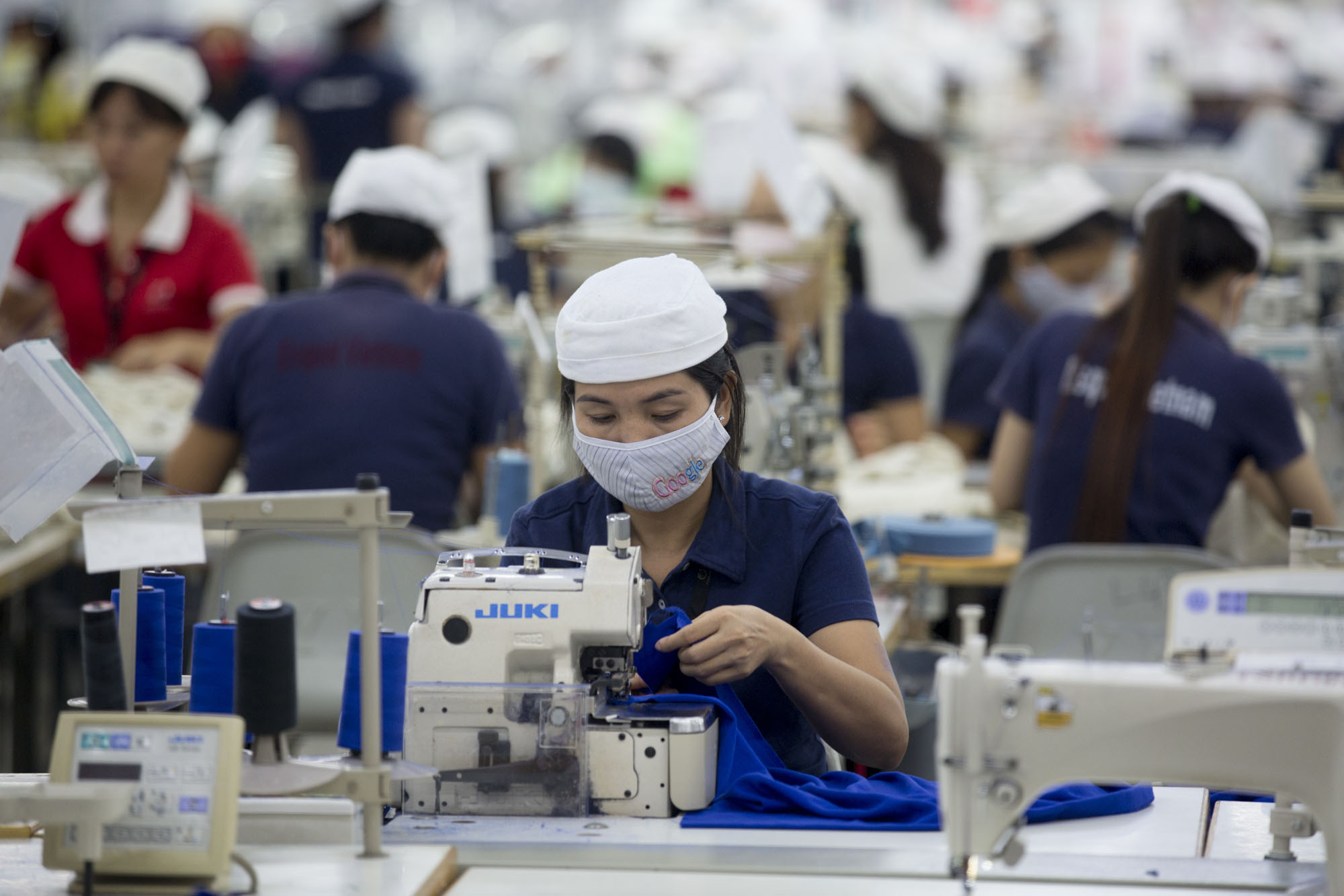After decades of deadlock, there seems finally to be some diplomatic movement on the Korean Peninsula. The June summit between Kim Jong Un and Donald Trump — the first between a North Korean leader and a sitting U.S. president — produced a joint statement in which Kim agreed to complete denuclearization of the Korean Peninsula in exchange for security guarantees from Trump.
Of course, while some cheer the development, others remind us of the North's long history of broken promises. But even if Kim's pledge was sincere, his regime will benefit from such guarantees — and from an end to crippling international sanctions — only if it can manage to repair North Korea's broken economy. Could it use Vietnam's experience as a model?
In 1986, Vietnam initiated the Doi Moi policy, a set of economic reforms that, much like Deng Xiaoping's reforms in China, aimed to create a market economy under the firm rule of the Communist Party. The government disbanded agricultural cooperatives, removed price controls on agricultural goods and allowed farmers to own land. It also privatized many companies, eased foreign investment regulations, created a more supportive environment for private business, established export-processing zones and promoted labor-intensive manufacturing industries.



